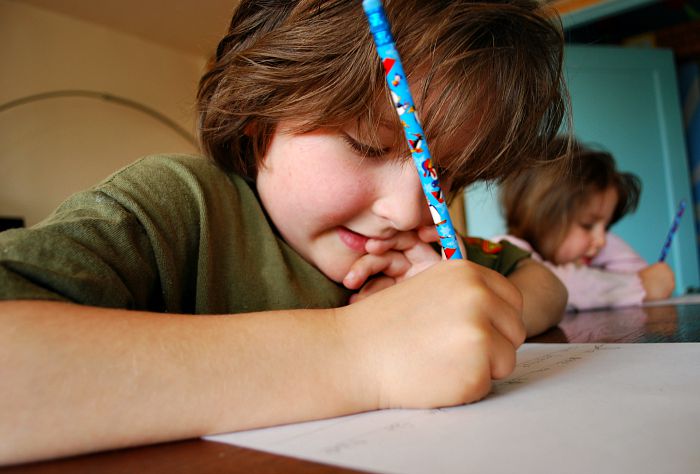Thank you Follett for sponsoring today’s discussion, all opinions are my own.
I remember when I was in 3rd grade, that’s the time I discovered the wonderful world inside the library. I can recall going there every afternoon after class and borrowing one book after another, and I specifically remember picking up The Hobbit and not being able to put it down. At bedtime, I would use the flashlight to read it under the covers so my mom could not see me staying up late trying to reach the part where Smaug is finally defeated (sorry for the spoiler but the book’s been out for nearly 90 years!).

Nowadays, kids have more access using the latest technology-iPad, tablets, mobile phone, game consoles, e-readers etc. My daughter for example would always like to borrow my tablet or phone to watch videos and/or play games, I admit that there was a time I used these gadgets to pacify her. Upon realization that something is not right in this scenario, I went into transition and shifted to playtime and book reading. Right now, my daughter loves reading books, even if she wants a story over and over again I try to read it in such a way that her curiosity will be piqued.
So what are the things about books that kids miss in this digital age?
Creativity. It is based on experience that when I read, the story including the pictures all come to life in my mind. When we read, our imagination starts to work as if a movie is played inside our heads. Books provide the reader a certain tactile experience that goes beyond just mere words, sentences and paragraphs. It reveals a happening, an event that is only vivid in the mind.
Empathy. As defined, empathy is the ability to identify with or understand another’s situation or feelings. According to a study, when people become too absorbed into the emotional travails of a books’ characters, the tendency is to become more empathetic in real life. In one way or another, we can relate and become attached to the story and characters and at some point we will be able to feel and understand the same situation once it happen in pur lives. Mots of the time it will also offer lessons for real life situations.
Good for the Brain. Over the years, studies showed that reading has prevented the steady decline of our mental capability. Aside from widening one’s vocabulary, it also broadens general or specific knowledge (depending on what topic you read).
Comprehension. Books provide a clear mapping of story as you go page by page when reading as compared to e-readers where words are in screens and distraction is expected. Getting away from multipurpose screens improves concentration. Books offer a clearer picture in contrast to e-books which most of the time interferes with navigation. This intereference prevents the mind from a seamless stream which in turn impairs comprehension.
A Tangible Proof. When reading a paper book, one can feel the paper and ink and smooth or fold of a page with one’s fingers. Books become proof, just like our experiences which will become our treasure in the future. It provides a ‘living presence’ of the stories and adventures you once had which also gives a sense of fulfillment as the numbers of the ones we have finished increases. With the physical book, there will be no need to charge, for batteries and is always ready and available to use. Any touch-screen device is far more intangible than text on paper.
As they say, the experience and learning you get, from reading is something that can never be taken away from you. Reading will take you places not everyone has conquered, without leaving the comforts of your own room.
Now that the kids are back to school, we have the privilege as parents to enhance what they learn inside the classroom, that is by encouraging them to read and explore more books.
In connection with back to school, Follett, a leading provider of education technology, services and print and digital content, is launching #FallBackToSchool, which is a campaign focused on how parents and children can prepare to head back to school with ease. In fact, Follett has shared some helpful tips in their website to make transition into the schoolyear hassle-free.
Do you have any hassle-free back to school tips? You can share them with Follett in Twitter and Facebook by using the hashtag : #FallBackToSchool.


I agree, reading books is indeed good for the brain. a child tend to have a wide range of vocabulary. My mom and grandmother have this fascination for reading, thus it runs in the family and has passed onto me and my daughter, talking about 4 generations. I remember this huge bookshelf when I was a kid and I always find myself looking up at the shelf and thinking what book I’m going to pick, as it happens that led to one book to another. Nowadays, there’s ebook, which is convenient and paper-less. But occassionally, I still buy hard copies of the book for collection. Great post, mars!
Thank you mars! I feel that I have been slacking in reading lately, as much as I want to impart reading to Ceana…